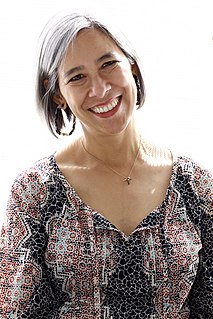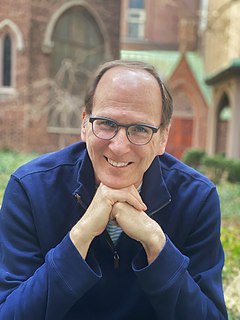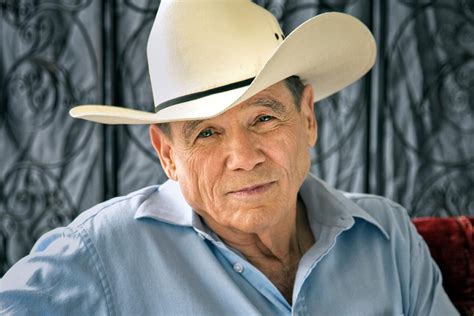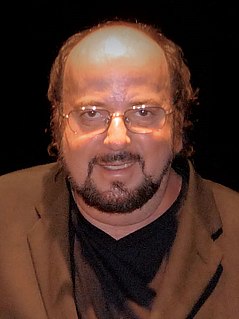A Quote by David Duchovny
I'm a big Philip Roth fan. I think "American Pastoral" is the great American novel of the past 30 to 40 years. It's a novel about what happened in the 1960s, and I think America is still dealing with what happened then. It's devastatingly sad.
Related Quotes
At one point I would read nothing that was not by the great American Jews - Saul Bellow, Philip Roth - which had a disastrous effect of making me think I needed to write the next great Jewish American novel. As a ginger-haired child in the West of Ireland, that didn't work out very well, as you can imagine.
In '94, I started writing a novel about an enormous terrorist act that destroyed the United States. The novel takes place twenty years after this destruction, with all the stuff that we're dealing with now - a dirty war, the disappeared, the concept of terrorism. Anyway, 9/11 happened some years into the process, and I was like, OK, I don't have a novel.
Roth Unbound is filled with intelligent readings and smart judgments. Because of the author's sympathy and sharp mind, it offers real insight into the creative process itself, and into Philip Roth's high calling as a great American artist. The book is, in some ways, a radical rereading of Roth's life and his work. It is impossible, by the end, not to feel a tender admiration for Roth as a novelist and indeed for Claudia Roth Pierpont as an empathetic and brilliant critic.
When I was a kid, I'd go to the African-American section in the bookstore, and I'd try and find African-American people I hadn't read before. So in that sense the category was useful to me. But it's not useful to me as I write. I don't sit down to write an African-American zombie story or an African-American story about elevators. I'm writing a story about elevators which happens to talk about race in different ways. Or I'm writing a zombie novel which doesn't have that much to do with being black in America. That novel is really about survival.
I'm skeptical that the novel will be "reinvented." If you start thinking about a medical textbook or something, then, yes, I think that's ripe for reinvention. You can imagine animations of a beating heart. But I think the novel will thrive in its current form. That doesn't mean that there won't be new narrative inventions as well. But I don't think they'll displace the novel.
But to be perfectly frank, this childish idea that the author of a novel has some special insight into the characters in the novel ... it's ridiculous. That novel was composed of scratches on a page, dear. The characters inhabiting it have no life outside of those scratches. What happened to them? They all ceased to exist the moment the novel ended.







































